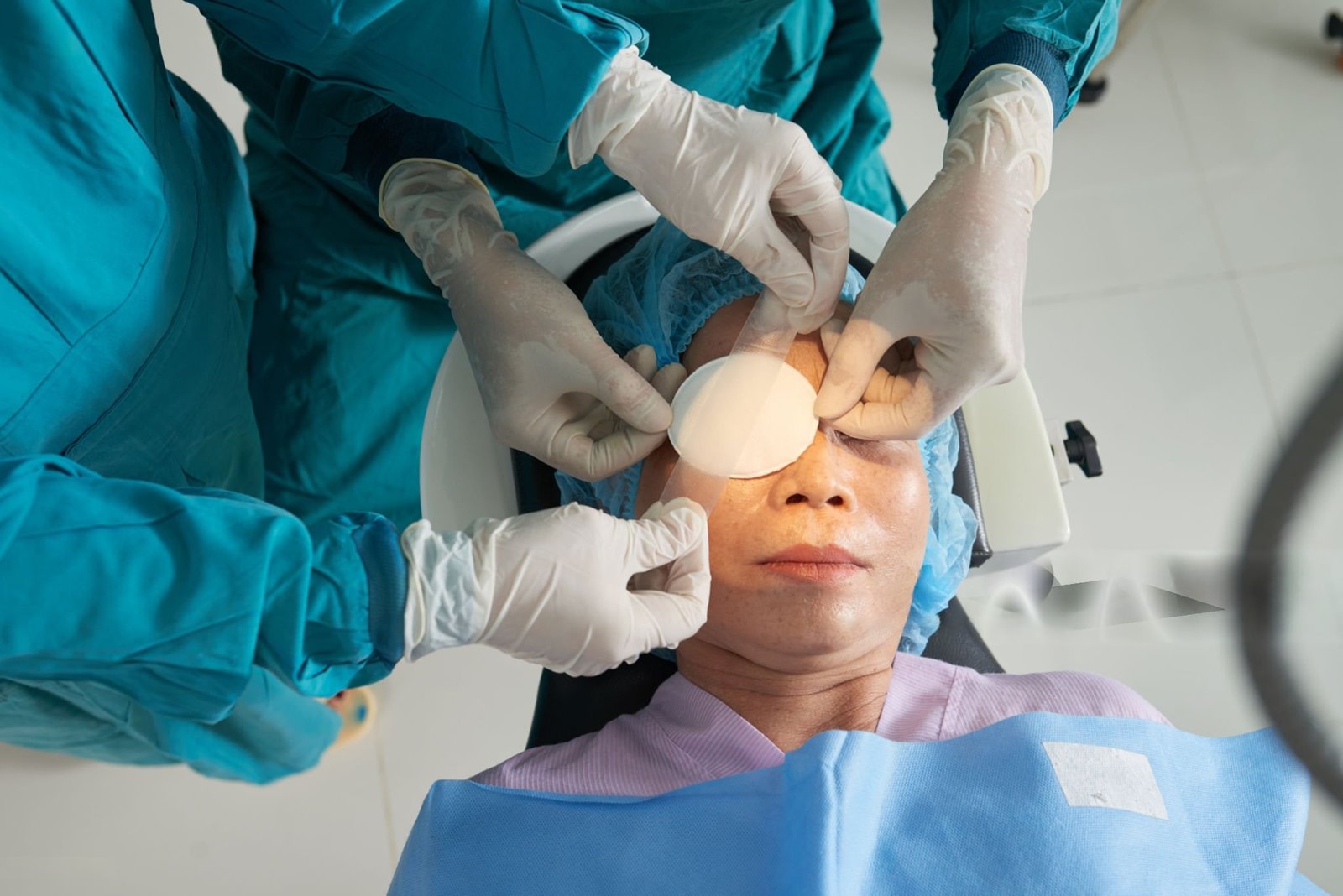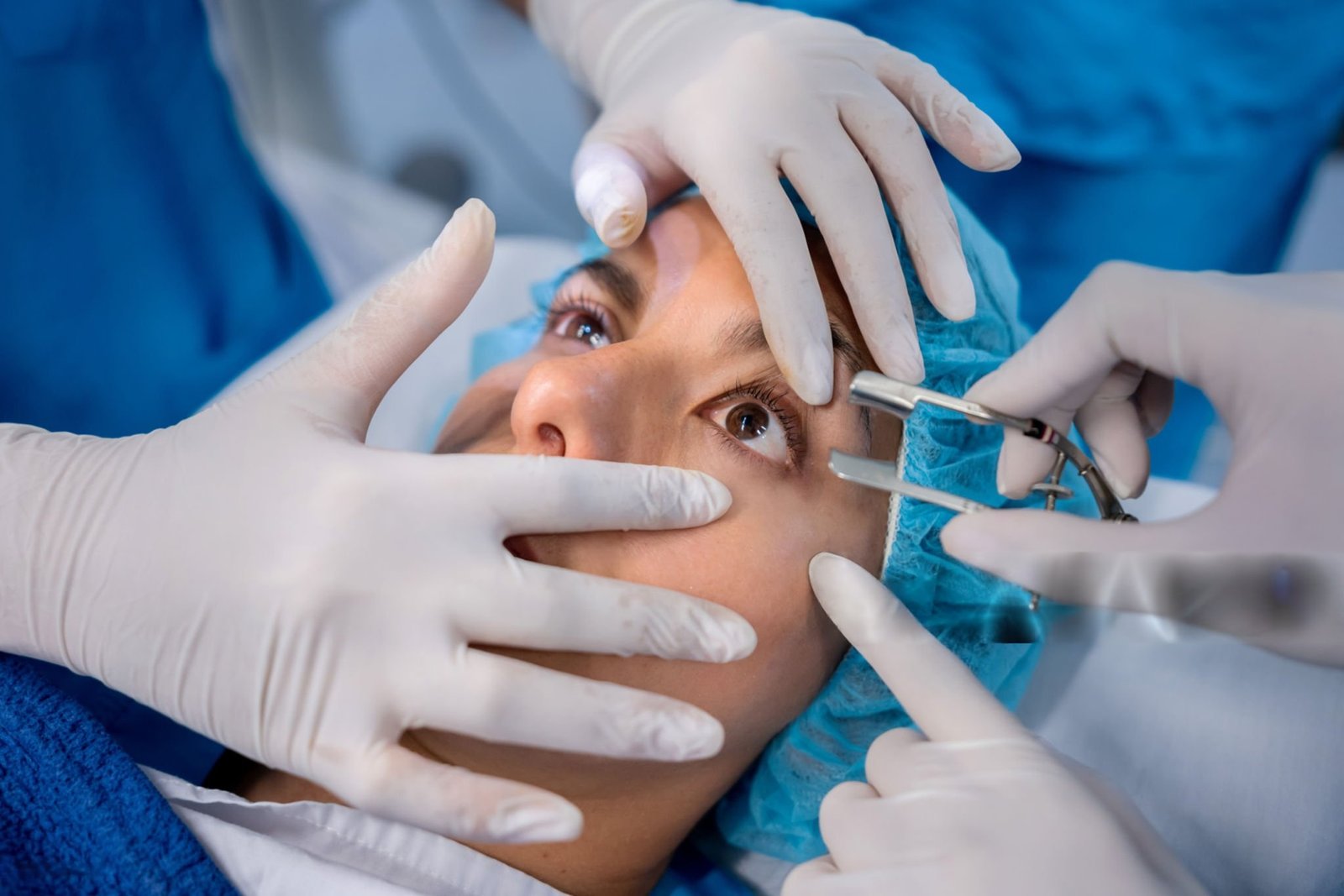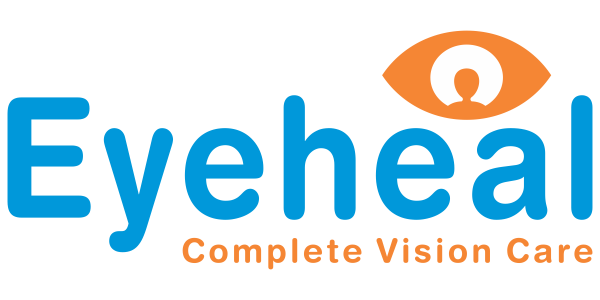What is Oculoplasty?
Oculoplasty, also known as Ophthalmic Plastic & Reconstructive Surgery, is a specialized branch of ophthalmology that deals with the structure and function of the eyelids, tear ducts, orbit (bony socket), and surrounding facial areas. These procedures are performed to correct deformities, restore function, or enhance the appearance of the eyes and surrounding structures. Oculoplasty is a perfect blend of precision, function, and aesthetics. It is a unique blend of precision, function, and aesthetics.

Conditions That Require Oculoplastic Treatment
Oculoplasty can help manage a variety of conditions, including:
- Droopy eyelids (Ptosis) – can affect both vision as well as appearance
- Eyelid malpositions – like entropion (inward turning) or ectropion (outward turning)
- Tear duct blockages – causing excessive tearing or recurrent infections
- Orbital fractures or tumors – involving the eye socket
- Thyroid eye disease – causing bulging eyes or double vision
- Eyelid tumors or cysts – benign or malignant growths requiring removal
- Facial palsy-related issues – leading to incomplete eyelid closure
Cosmetic concerns – under-eye bags, wrinkles, or excess eyelid skin
What to Expect Before, During, and After Oculoplastic Surgery
Before Surgery
- Detailed evaluation by an oculoplastic surgeon
- Eye examination and relevant imaging tests (if required)
- Discussion of goals, expectations, and type of anaesthesia (local or general)
During Surgery
- Duration varies:
- ~30 minutes for simple eyelid corrections
- 1–3 hours for complex orbital procedures
- Usually performed as a day-care procedure (no overnight stay required)
After Surgery
- Mild swelling, bruising, or discomfort is common for a few days
- Cold compresses and prescribed eye drops/ointments aid healing
- Avoid:
- Rubbing eyes
- Eye makeup
- Heavy lifting or strenuous activity
- Direct sun exposure

Tips for Maintaining Eye Health
- Follow all post-operative care instructions carefully
- Attend scheduled follow-up visits to monitor healing
- Most patients return to daily activities within 7–10 days
- Results continue to improve gradually over the following weeks
Frequently Asked Questions (FAQS)
1. How do I know if cosmetic oculoplastic surgery is right for me?
If you have droopy eyelids, puffiness, or loose skin affecting your vision or facial appearance, you may benefit from cosmetic oculoplasty. A specialist evaluation will help decide the best treatment option.
2. Do oculoplasty procedures require hospital admission?
Most procedures are done as day-care surgeries, allowing you to return home the same day. Only complex cases under general anaesthesia may require admission.
3. Are oculoplastic surgeries safe?
Yes, they are generally very safe when performed by a trained oculoplastic surgeon, with a low risk of complications and excellent outcomes.
4. How long does it take to recover from oculoplastic surgery?
Initial recovery takes about 7–10 days, with swelling and bruising gradually subsiding. Complete healing and final results may take a few weeks.
5. What should I avoid after oculoplastic surgery?
Avoid rubbing your eyes, wearing makeup, strenuous activity, and direct sun exposure until your doctor gives clearance.
